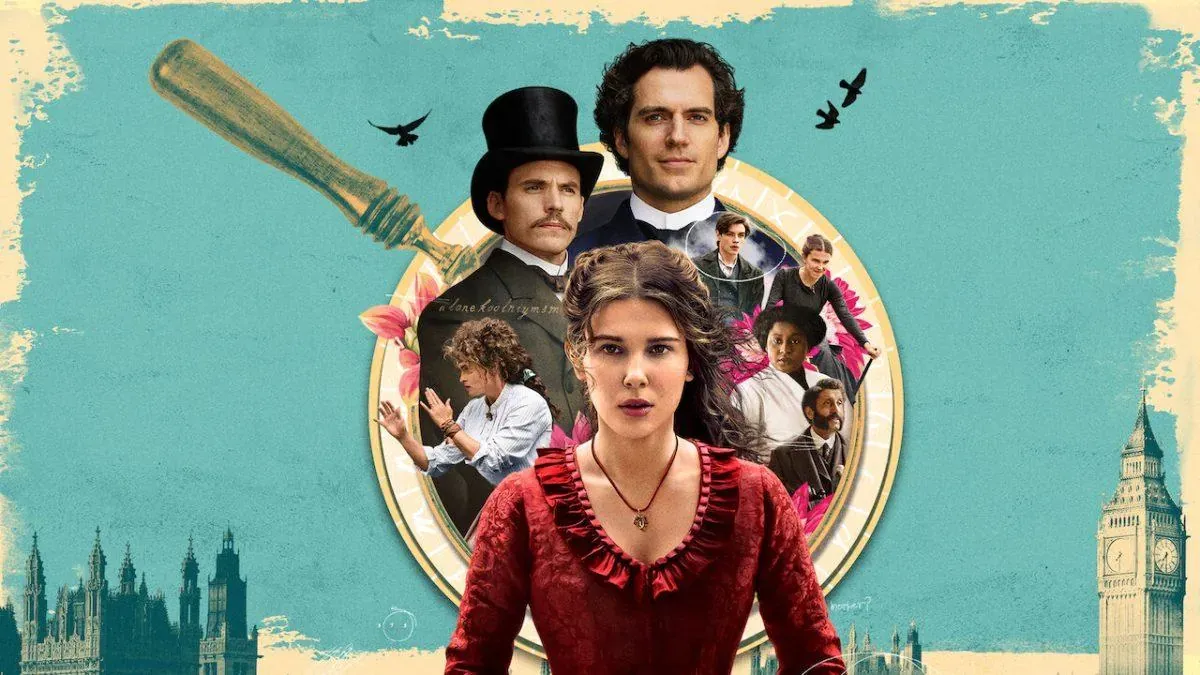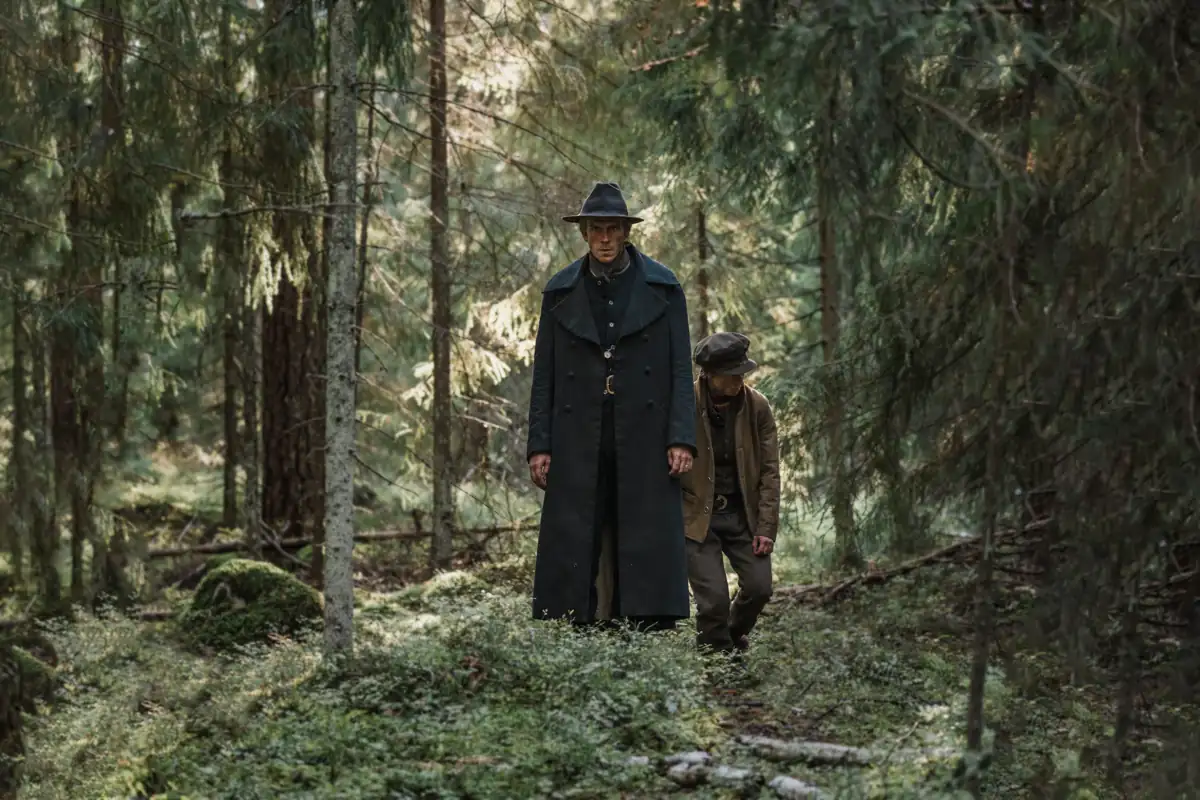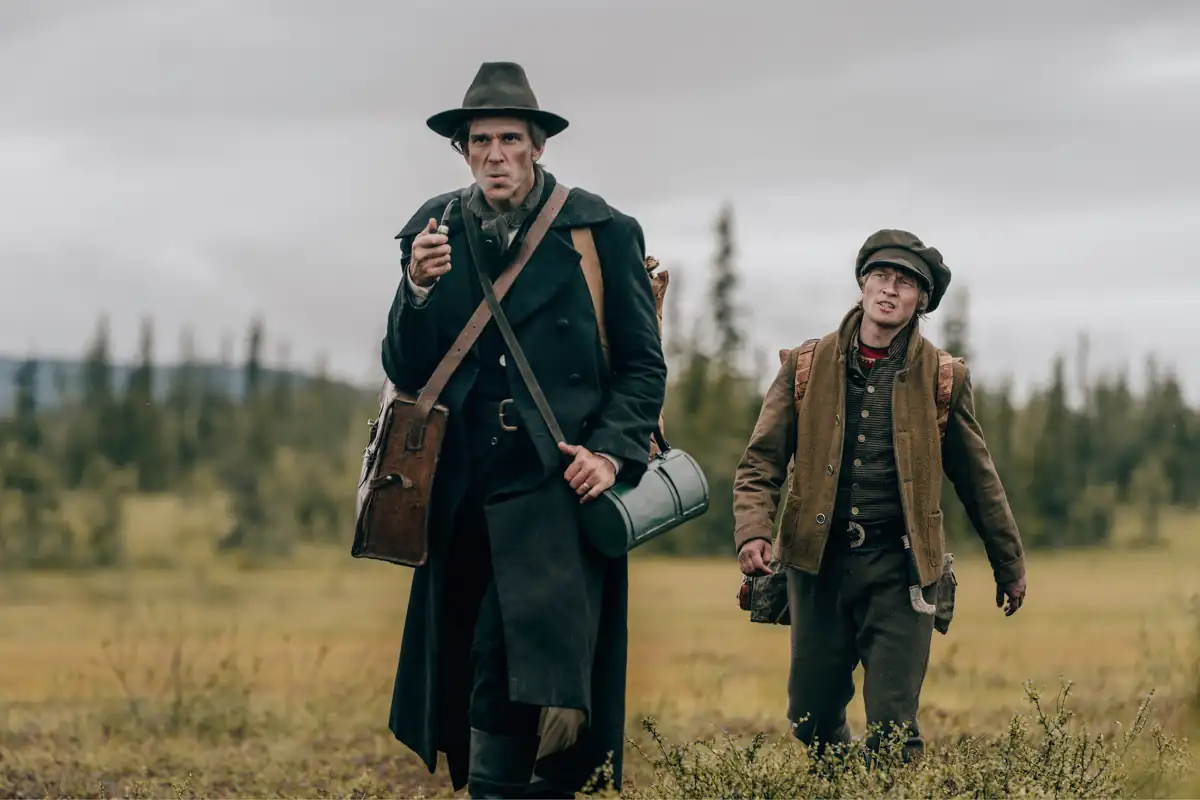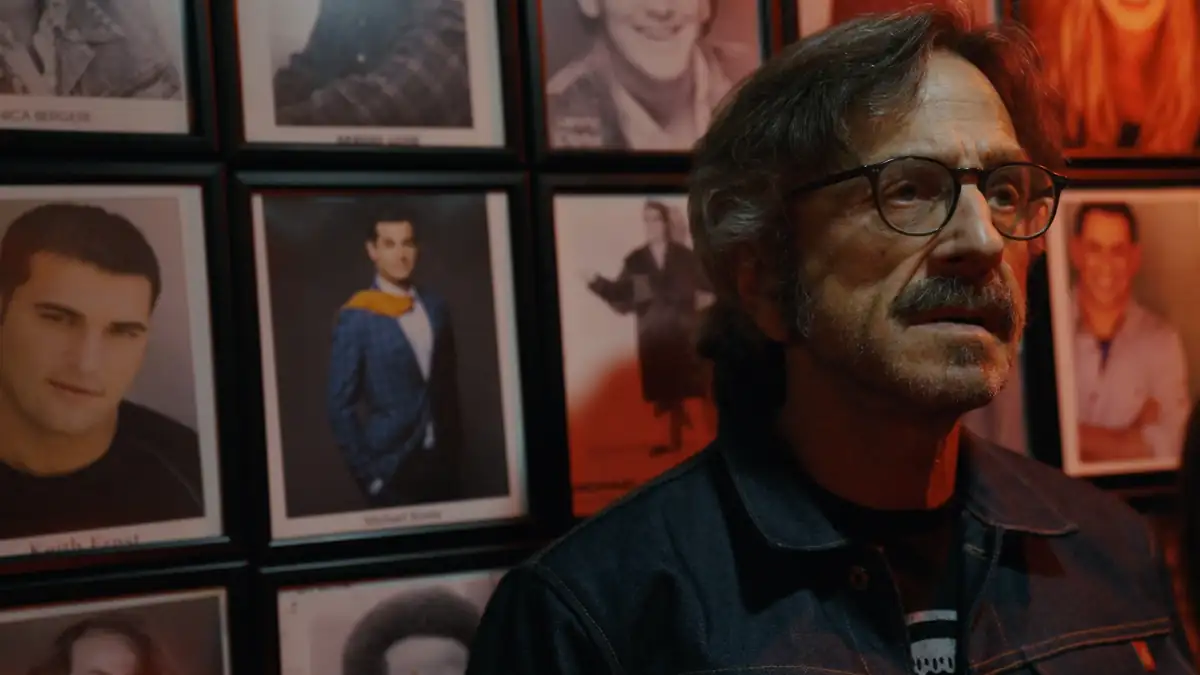(ENOLA HOLMES premieres on Netflix Nordic on September 23.)
A lot can be said about Enola Holmes, the new adventure film produced by Legendary Pictures based on a series of award-winning young adult novels. It’ll most certainly be called a teen-punk-rock version of the famous detective along with comparisons to the Guy Ritchie versions of Sherlock Holmes from half a decade ago.
What probably won’t be said as often, but should be, is how Enola feels like she’s always been a part of the Sherlock Holmes mythology. In what will hopefully be a grand and hugely successful franchise she claims her rightful place alongside her iconic siblings on the silver screen.
Enola, of course, hasn’t always been here. She’s the invention of Nancy Springer, published for the first time in 2006. Throughout six books, Enola has solved numerous cases involving high and low society, including her brothers, Sherlock and Mycroft. Running alongside these intertwined conspiracies is the case of their missing mother, Eudoria.
I haven't read the books but must do so now. If they’re anything like the film, directed with whimsy and smarts by Harry Bradbeer, they must be nothing short of extraordinary. As for their first adaptation; Enola Holmes is a joyous celebration of curiosity and self-worth. It’s the kind of movie anyone is lucky to have in their youth. I can’t even begin to imagine how much it would have meant to a 10-year-old me. It’s a generous, warm-hearted, smart, and endlessly rewatchable film that truly fits the description of “fun for the whole family.
On her 16th birthday, Enola’s mother goes missing. Leaving behind a stack of money and an assortment of convoluted clues, Eudoria vanishes into the wind without so much as a goodbye. Enola calls on her estranged for help, only for them to immediately dismiss her as a nuisance, leaving the mystery in her hands. Hopping a train to London, she crosses paths with another runaway, the young Lord Viscount Tewksbury and the two find themselves running not just from Enola’s overbearing brothers, but murderers hot on their trail.
The plot spins and twists and turns until it’s a Rube Goldbergian spiderweb, which is exactly how a Holmes story should be. Not all the twists make sense and there’s a handful of smug reveals that made the Benedict Cumberbatch versions of a chore, but Bradbeers directing and a bubbly script by Jack Thorne keep the proceedings so much fun it’s hard to care about small details.
Instead, the focus is squarely on Millie Bobby Brown, stepping away from her now pop-phenomenon part as Eleven in STRANGER THINGS, who emerges as a bonafide leading actor capable of shouldering a franchise. Her performance as Enola is bright, energetic, tender, nuanced, and utterly magnetic. She commands the screen every minute she’s on it – and there are a few scarce moments that she isn’t. From wicked side-eyes to deadpanning with the best of them, Brown is the MVP of an already impressive cast.
Not that Henry Cavill playing Sherlock is any worse. After a star-making turn as Geralt in THE WITCHER, Cavill is becoming something of a poster boy for big-budget productions for Netflix, and they seem to be a good match. He is good looking enough to lead an ensemble, but also talented enough to support one when necessary. There’s also a sad twinkle in his eye, already utilized finely in his fantasy opus, that suggests a melancholy behind the bravado. It’s not an easy thing to balance, especially when much of Holmes is played for laughs. But look at the scene where Enola tears down the iconography surrounding Sherlock’s legend, and watch how delicately Cavill plays a man building barriers even as he knows he’s being stripped naked.
Anchoring the film is the great Helena Bonham-Carter as Eudoria. She’s in the film for a handful of scenes, but hers is the kind of cinematic imprint that each of them matters. Guiding Enola through the hardships of her youth (and societal misogyny at large), Eudoria is the kind of parental figure that’s easy to love. She’s not perfect, and you can see where each of the Holmes children gets their hangups, but there’s also never a dull moment in their lives.
The most striking aspect of ENOLA HOLMES is how it manages to at once be a thoughtful and mature exploration of growing up, while still being silly and fun when it needs to. Lying on the outer edges of the frame are the depictions of London in a state rarely portrayed in these types of films. People claw at their faces in a psychotic frenzy, children ache with starvation, and human life holds little value regardless of how old you are. When Enola gets in trouble, as she often does, there’s a genuine sense of danger to every encounter.
Nothing is held back either in the depiction of the women’s suffrage movement. At one point Enola is forced into captivity in a boarding school for women (think a sexist Hogwarts), where the headmaster espouses the necessity of silent breeding machines for a happy society to exist. It’s heavy stuff, but material that the picture deals with eloquently. ENOLA HOLMES knows its audience and won’t ever speak down to them.
Even better are the scenes where the script poignantly explores the fascination with emotionally distant men as heroes worth admiration. Sherlock deems politics profoundly boring in a way that only a powerful white man can, and Enola calls him out for it. “You don’t care about politics because you have always had power,” she says, piercing at the heart of every brooding soldier of the status quo from London to Gotham. The further her quest takes her, the more clear it becomes that the mysteries she solves are but a drop in an ocean of inequality.
On top of introducing a brilliant new hero for fans of all ages, ENOLA HOLMES serves as a tremendous reminder of how important the public domain for copyright is. Springer’s works stem from the original material written by Arthur Conan Doyle but expand and enrich the lore in ways that make both better for their inclusion. It raises the question of how many other stories and variations we miss every year as the industry clamps down on extended copyrights for stories over a hundred years old. As if to prove a point, The Conan Doyle Estate sued the production of ENOLA HOLMES over the grounds that Sherlock's emotions were protected under their last shred of copyright to the character.
It makes it doubly ironic that one of the main themes of the film is Enola’s fight against conservative values vainly attempting to prevent the world from moving on to something that is new and inclusive.













